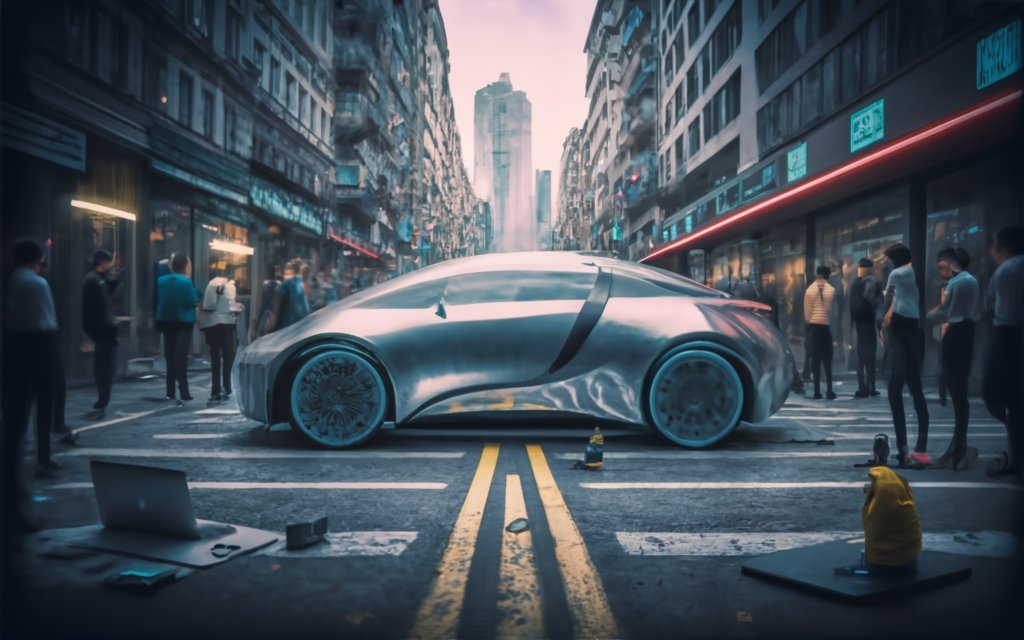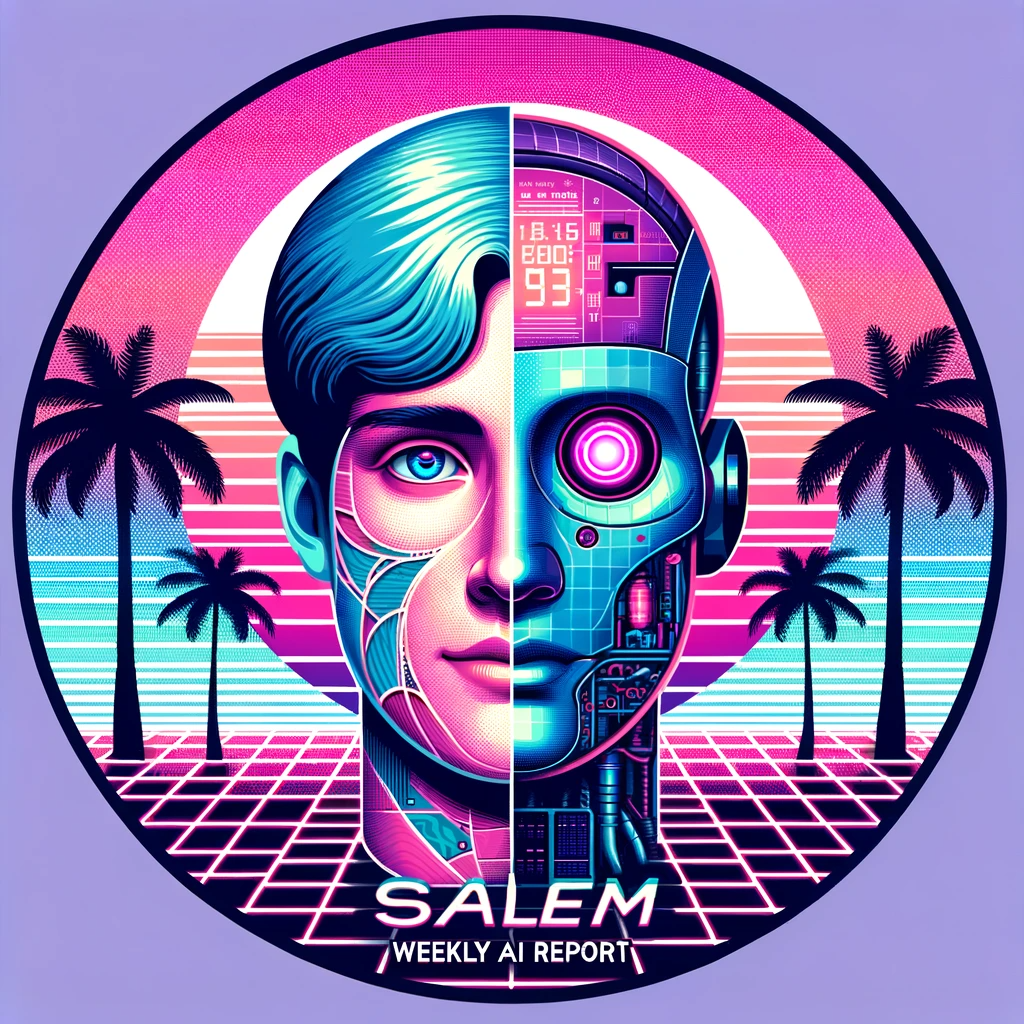
Could Cruise Be the Theranos of AI?
In a recent bombshell by The New York Times, Cruise, a GM-acquired driverless car company, was spotlighted for its heavy reliance on remote operators, casting doubt on its so-called autonomous capabilities. The exposé suggested that for every vehicle, Cruise had approximately 1.5 workers, raising the question: Are we witnessing a parallel narrative to that of Theranos within the AI sphere?
Cruise’s Autonomy Under Scrutiny
The term “autonomous” is at the crux of the debate. If Cruise’s technology requires human intervention every few miles, can we still consider it autonomous? Rodney Brooks, a renowned roboticist, argues that no commercial product that requires such frequent intervention could operate at a profit, thus questioning the viability and authenticity of Cruise’s technology.
The Theranos Shadow
The story of Theranos is a stark reminder of the pitfalls of overpromising and underdelivering. Elizabeth Holmes’s vision of revolutionizing blood testing ended up being a facade that misled investors and customers. Similarly, Cruise’s portrayal of autonomy seems to be on shaky ground, potentially leading to a similar trajectory of disillusionment and legal battles.
The Industry’s Dark Secret
The issue of transparency around the use of remote operators extends beyond Cruise. There’s a startling lack of disclosure from driverless car companies about the extent to which these operators are integral to the functioning of these vehicles. This obscurity begs for regulatory scrutiny and public accountability.
Defining True Autonomy
What then constitutes true autonomy in driverless vehicles? If frequent remote intervention is a necessity rather than an exception, this calls into question the current technological capabilities of these AI systems and the veracity of claims made by companies like Cruise.
An Urgent Call for Transparency
The implications of these findings are not trivial. They touch upon the credibility of the driverless car industry and, more importantly, the safety of the public. The necessity for immediate and transparent action from regulatory bodies is not just about maintaining public trust but also about safeguarding human lives.
Reflection and Responsibility
The emerging details about Cruise’s operations compel a broader conversation about the ethical deployment of AI in critical sectors. It’s an industry-wide wake-up call, demanding that companies match their narratives with the operational truth and uphold ethical standards that protect investors, customers, and the unsuspecting public from harm.
As the debate unfolds, one thing becomes clear: The road to true autonomous vehicles is perhaps longer and more complex than what’s been sold to us. And on this journey, transparency isn’t just a courtesy—it’s an absolute imperative.
Marcus on AI: A publication that provides thoughtful analysis on the state of AI and its real-world implications.

